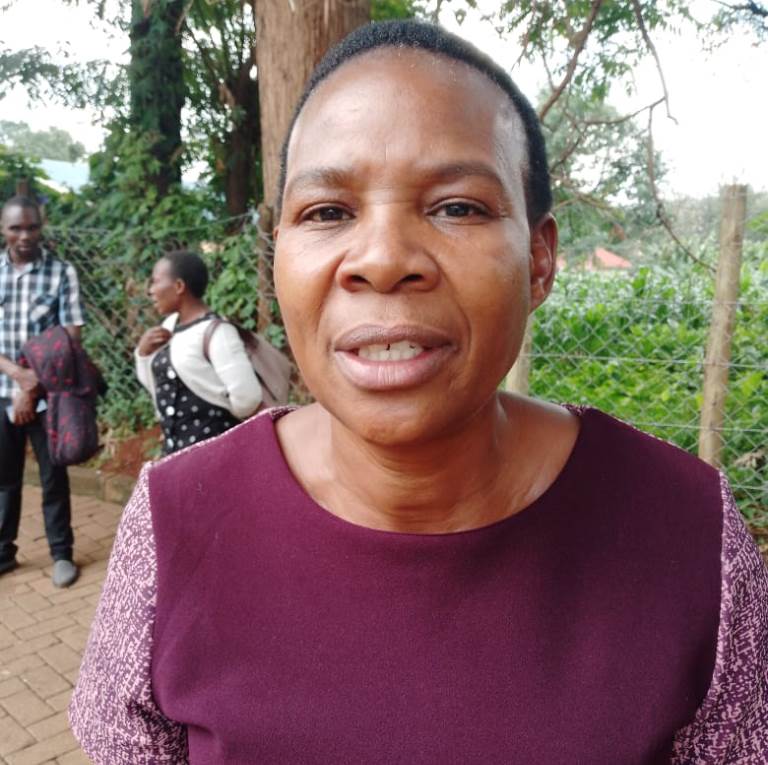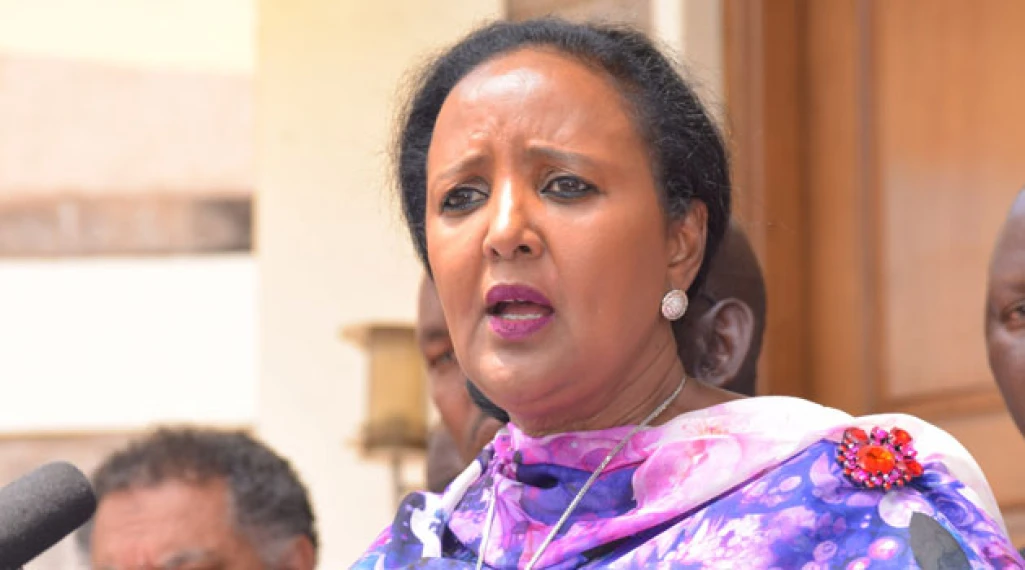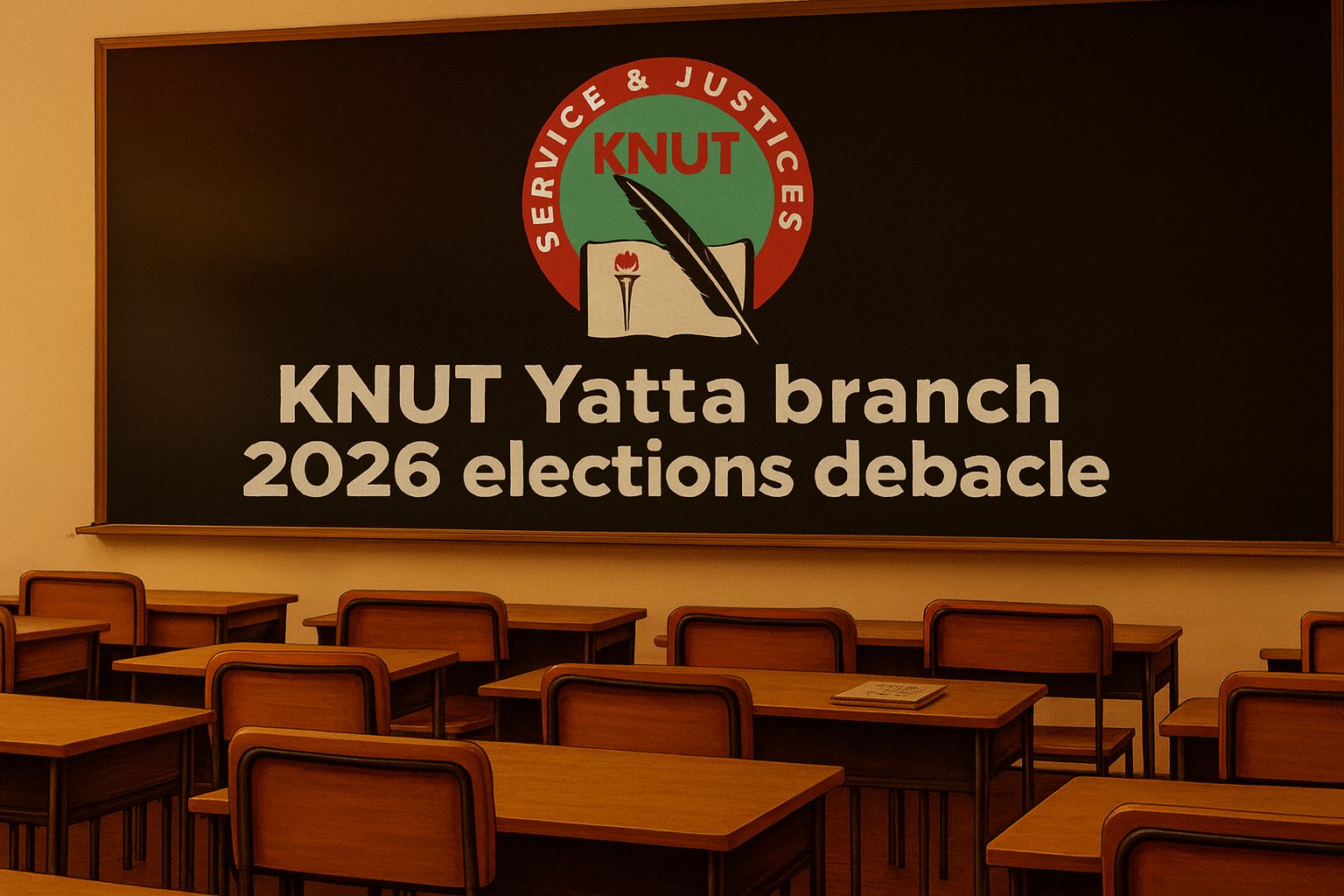Bombaba Borabu Ward Member of County Assembly Beatrice Makwae has asked teachers and parents to work together to curb the large number of students dropping out of school in the region.
She decried the high rate of school dropouts, especially in secondary schools, and attributed it to demotivated teachers paid lowly by the government and general laxity from parents.
“This problem can be eliminated if we all rise and take our rightful responsibilities of building the nation by providing the social foundation for our children,” she said.
Speaking to parents and teachers from all schools in her ward, Makwae said her office had launched an aggressive campaign on a sensitisation programme aimed at encouraging learners who stop going to school before completing to go back because there is always a second, even third chance for anybody who is determined to succeed in life.
ALSO READ:
Kenya Netball Federation praises MoE for reintroducing netball for boys in schools
She asked teachers to research the leading causes of school dropout in the area, identify them, and focus on the best ways to approach them to save the lives of the involved learners, whose lives are endangered.
The concerned MCA, the only elected female MCA from the larger Kisii region, paraded possible interventions for the high rate of school dropouts, such as a toxic school environment and poor follow-up from teachers, parents, and the government.
Saying that education is not only about academic instruction but also about fostering a supportive community where students can thrive, she appealed to all stakeholders for a holistic approach to learners that would benefit them socially and academically.
READ ALSO:
She asked teachers to create a home-tailored approach to handling their learners according to their age, individual needs, and family backgrounds. This approach will create an atmosphere where each learner feels valued, enabling them to feel encouraged and realise their academic potential.
“Provision of meals under feeding programmes to improve the health and retention of learners in schools is not satisfactory unless it is coupled with creating an enabling learning environment in our schools,” she said.
Peter Ombati, a retired education officer, led the gathering through essential strategies for high retention and sustainability of learners at school.
He cited improved communication among learners, teachers, and parents as the main cementing factor that could lead to harmony in the approach to education at all levels of learning institutions.
He said that periodical communication and regular surveys by parents and teachers on the well-being of students are used to gauge their pedagogical satisfaction because they will identify thorny issues among students and eliminate them before they impact them negatively.
ALSO READ:
33 schools in Teso North benefit from ksh 30 million NGCDF fund
He asked teachers to create parameters to analyse data on individual students’ performance, engagement, and reasons for their setbacks, and he set out to mitigate the drawbacks.
He asked school management Boards to collaborate with teachers and education officers to create retention committees in their schools, providing a platform for open dialogue and collaboration between the school administration, parents, and guardians.
He asked the government to employ more teachers and provide adequate infrastructure and learning material to prevent teachers from burnouts, which stress them and lead them to vent their anger on learners who feel threatened and run away from school to avoid unfriendly teachers.
He asked all those assigned to manage education policies and systems in this country to provide tuition incentives for teachers and learners to enable them to harness their priceless talents and attain quality and sustainable education, which he said is the mainstay of success in life.
By Enock Okong’o.
You can also follow our social media pages on Twitter: Education News KE and Facebook: Education News Newspaper for timely updates.
>>> Click here to stay up-to-date with trending regional stories
>>> Click here to read more informed opinions on the country’s education landscape






